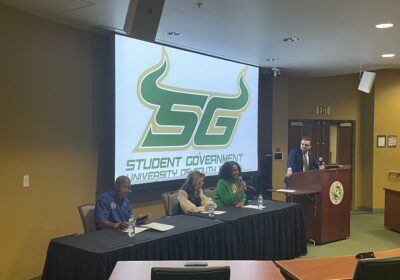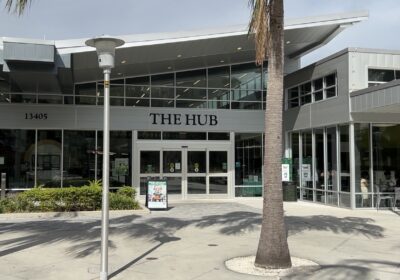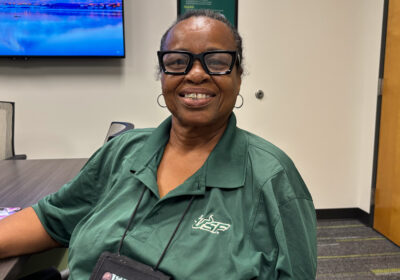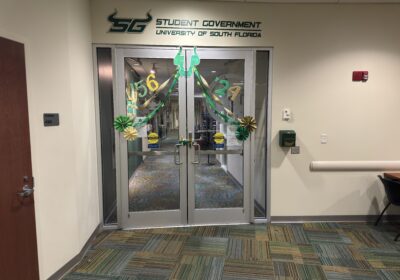USF to reform STEM programs with $3 million grant

After receiving a $3 million grant from the National Science Foundation (NSF), USF will endeavor to reform its Science, Technology, Engineering and Math (STEM) programs.
Chemistry Professor Gerhard Meisels is leading this change, the goal of which is to improve student success by renovating teaching methods.
Together with four other professors, Meisels will initiate a five-year project called Systemic Transformation of Evidence-Based Education Reform (STEER). The STEER project is in collaboration with Hillsborough Community College and will bring together faculty from both schools to discuss curriculum issues and share their experiences.
According to a university press release, the STEER program will help instructors and teaching assistants “in the application of evidence-based teaching strategies” through training programs, support structures and work assignments.
Additionally, to aid community college transfer students, the university will create the Transition Implementation Leadership Team, a group consisting of faculty, administrators and staff.
“I think they will find the classroom is more directive — that they will get more personalized advising and attention in the STEM areas,” Meisels said. “It will be a better learning experience overall and they will be better prepared for the careers in which they will move to when they graduate.”
The majority of STEM graduates don’t end up in a STEM field, according to the 2014 U.S. Census. In fact, 78 percent end up in a different field. An article in the New York Times stated 41 percent of overall graduates are employed in jobs that don’t require a college degree.
This is what Meisels hopes the new program will change. His goal is to make those graduating with a bachelor’s in STEM more appealing to employers and therefore more competitive in the market.
The university hopes to address “several aspects of the student experience, from the way STEM classes are taught to the advice students receive as they enter the university,” according to the release.
“From a national perspective and from a broader state perspective, the economic future of our country depends, (to) a large extent, on our ability to innovate,” Meisels said. “People innovate technical errors in the STEM field. In order to do that, it takes a well-prepared, sufficient number of graduates in those areas.”
He said the first reason for the change is to increase the students’ competitiveness within the employment market, while the second reason is to genuinely improve the education level of STEM students.
According to a report by the NSF, 26 million workers in the U.S. reported their jobs required significant STEM experience.
“As the U.S. economy has changed, so too have occupational task and even occupations themselves,” the report stated.
Meisels said the university wants to provide students with the best learning experience possible.
“If the university wants to be recognized for the quality of what it does, this program will help improve how we teach, what we teach and make sure this is planned well in the areas and coordinated well in the various departments and courses,” he said.
“In that sense, we always want to see that our students have the best possible experience they can have at this university.”
Part of Meisels’ concern is the number of students who switch majors. According to the Times, 61 percent of students change majors by the end of their second year.
“We know that, of students who come into the university as freshmen (who) are not required to declare a major and of those who have declared one of the STEM disciplines, only about a third of them end up with a STEM degree,” Meisels said.
“In the STEM areas, we have such a statewide and regional need for STEM graduates that that’s a bigger problem.”
He said students can expect to start seeing a change as early as the fall of 2016 or the spring of 2017. However, the process will be gradual.
“We were really pleased that we got funded,” Meisels said. “I think it speaks to the university’s commitment to improve and strengthen the student experience, especially in the STEM areas.”
—Additional reporting by Abby Rinaldi






